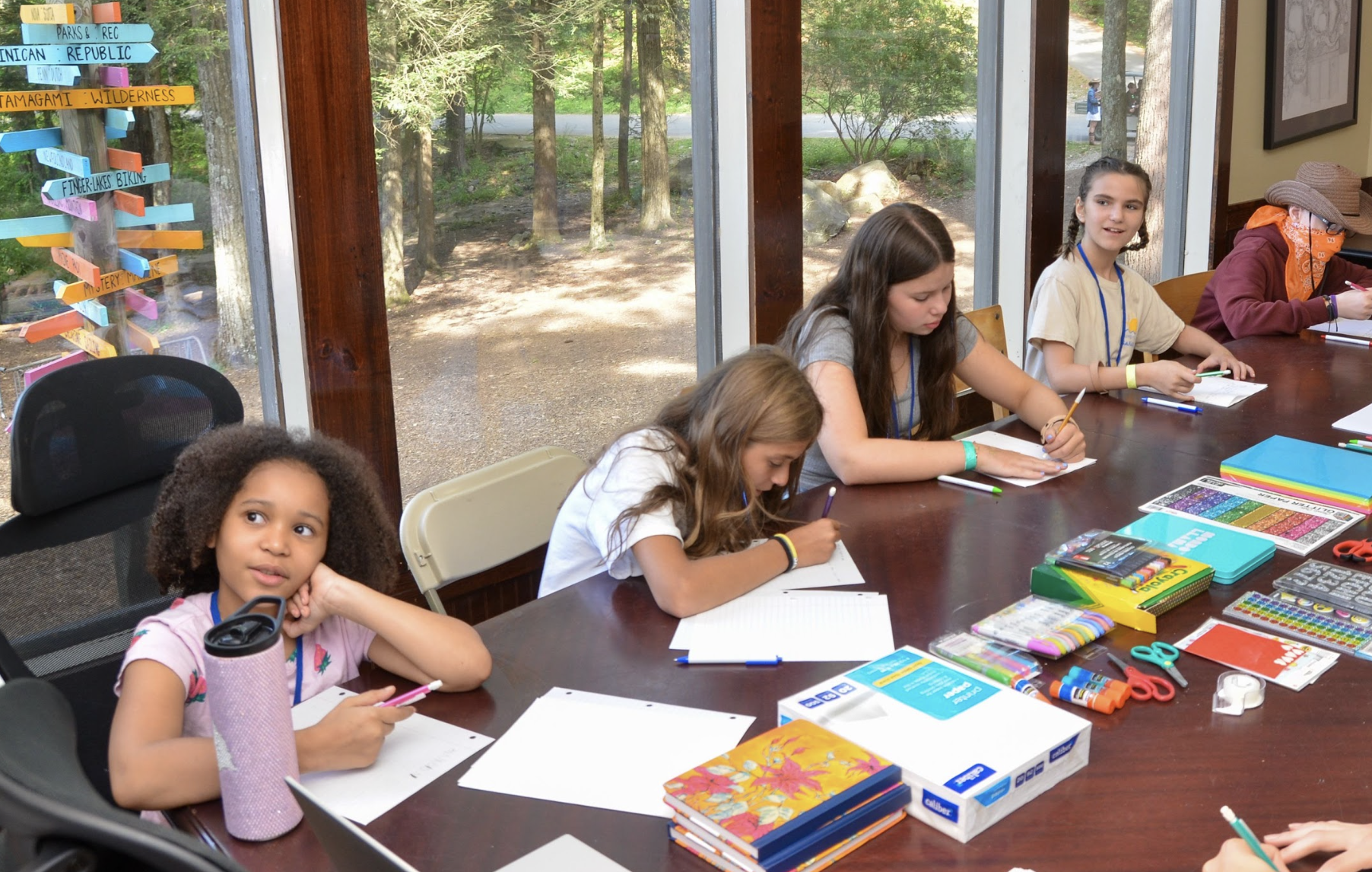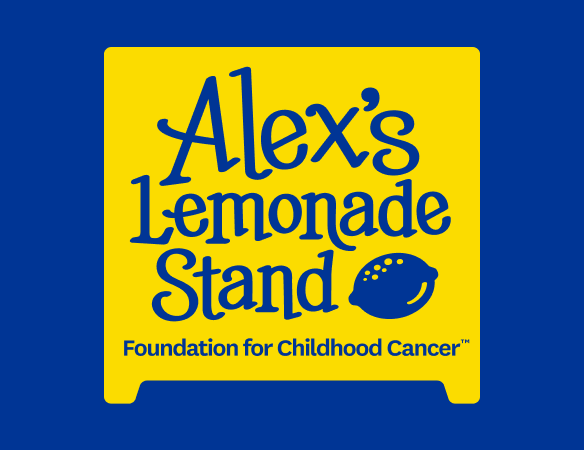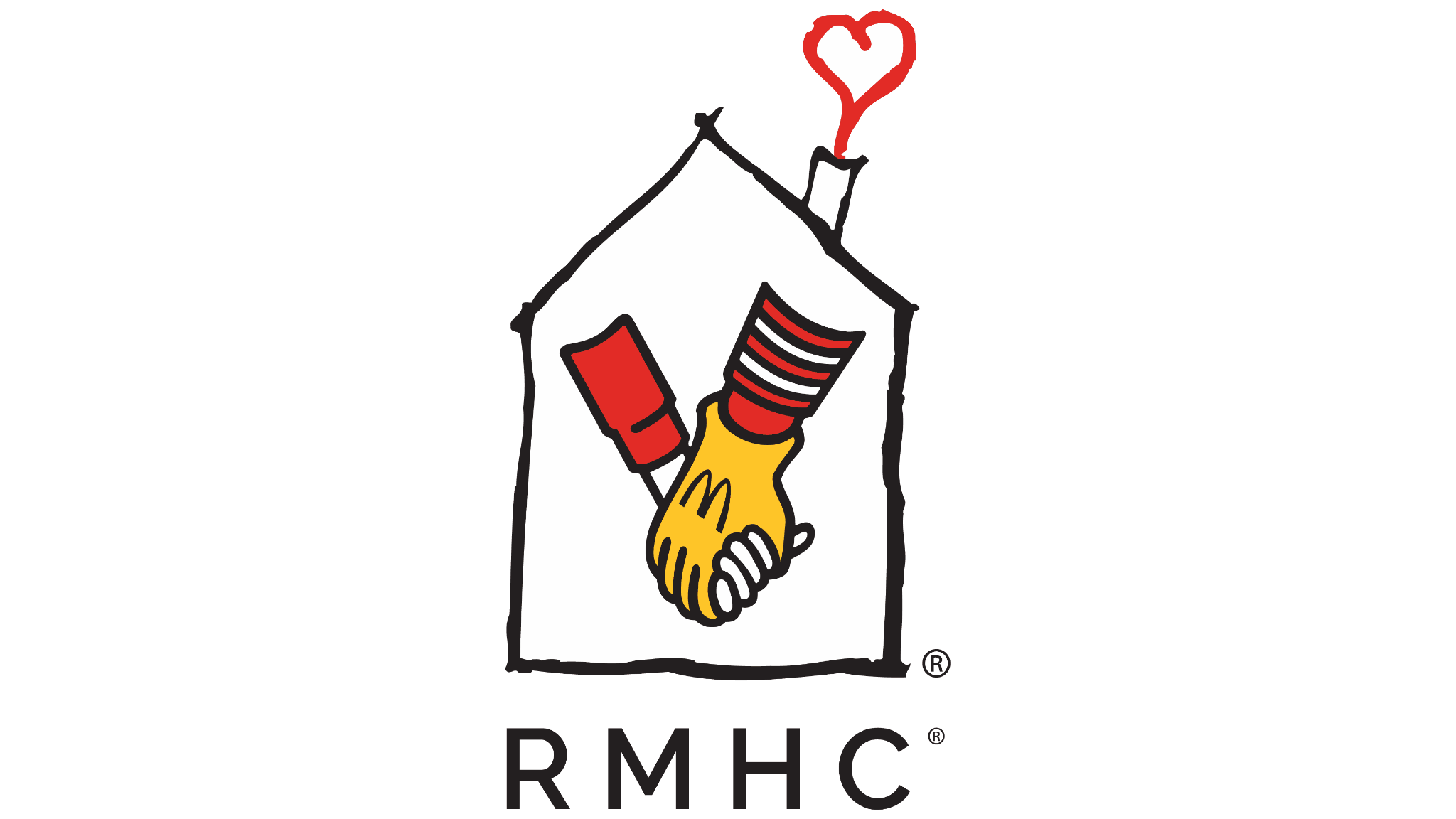At Cancer Starts With Can, we aim to provide you with resources, support, and a community of writing and art that you will always belong within


Grants life-changing wishes for kids with critical illnesses (generally ages 2½–18), working with each child’s medical team to time wishes safely. Wishes can be referred by families, clinicians, or even the kids themselves and are fulfilled across the U.S. and beyond.

Regional, hands-on support for families of children with cancer—financial assistance, practical help during treatment, and community programming. If you’re in CT/Westchester, this is a great local group to rely on.

Beyond funding research, ALSF runs direct family services like Travel For Care (help with transportation/lodging to treatment) and programs for siblings and survivors. Families can apply online and tap into webinars and community stories.

Free/low-cost “home-away-from-home” lodging near hospitals so families can stay close to their child; many locations also offer Family Rooms inside hospitals and mobile care units. Find and contact your nearest House chapter right from their site.

Nationwide parent-founded nonprofit offering free educational materials, advocacy, and family support programs; they also help connect families to resources in their state. (They were formerly “Candlelighters.”)

A national network (and online platform) offering free support groups, individual counseling, educational workshops, and a toll-free Helpline (available in English & Spanish). Search by zip code for local CSC or Gilda’s Club locations.

Provides Transportation Assistance for travel/lodging to treatment, emergency aid, free publications for parents, and Beyond the Cure resources (including scholarships) for survivors. Families can apply and talk to a parent advocate.

Helps families manage the financial side of a pediatric cancer diagnosis with grants, resource navigation, and budgeting coaching—aimed at keeping housing, transportation, and basic needs stable during treatment. You can request support directly.
Nothing makes a hospital room feel homier than your own pillow and blanket! A heated blanket is extra cozy for chilly rooms. And don’t forget a favorite stuffed animal—it’s not just for kids; comfort matters at every age.
Bring along a series or a couple of books you’ve been meaning to read. Hospitals are the perfect place to finally dive into that fantasy world, rom-com, or thriller that’s been sitting on your shelf.
Pack comfy clothes like pajamas, sweatshirts, and leggings—anything that makes you feel cozy but still like yourself. Layers are key because hospital temps can change fast!
Hospital floors are not the place for bare feet. Soft, warm socks and slippers make moving around way more comfortable—and they add a little personality to hospital attire too!
Hospitals can be super dry, so lotion and lip balm are lifesavers. And don’t forget your toothbrush, toothpaste, face wash, and any other little daily essentials you rely on.
A photo, poster, or tiny trinket from home makes your hospital room feel less sterile and more yours.
Bring your phone, iPad, or laptop—plus chargers! Headphones are a must for bingeing shows, gaming, or zoning out with music without bothering anyone.
Staying hydrated is easy to forget, but so important! A cute reusable water bottle keeps you from having to rely on little hospital cups.
Drawing, doodling, or journaling is a great way to keep your mind busy and process everything. Even jotting down one funny or meaningful moment each day can allow you to reflect and find bits of joy.
Hospital food isn’t always the most exciting. Pack a stash of your favorites—granola bars, fruit snacks, chips, or chocolate—so you’ve always got something comforting to munch on.
Crosswords, Sudoku, word searches, or coloring books are low-effort, screen-free ways to pass the time. Bonus: they make long waits go way faster.
Whether it’s a hoodie you love, a small pillow, or a stuffed animal, having something that feels like home is an underrated but major necessity.
Make a “hospital playlist” before you go—songs that hype you up, calm you down, or just make you feel good. Audiobooks are also perfect if you’re too tired to read but still want a story.
Even as a teen, a Rubik’s cube, fidget spinner, or stress ball can be a surprisingly great distraction. Pull these small, portable gadgets out during a short wait period or “adult” conversation you’d rather zone out to.
A deck of cards, Uno, or a travel-sized board game = instant boredom-buster. They’re also fun to share with siblings or friends who visit.
Hospitals mean lots of waiting—so line up your favorite series or a comfort movie marathon on your device.
Getting lost in a good story is one of the fastest ways to make time fly. Graphic novels and short stories are great if your brain feels tired.
Even if it’s just silly sketches or a quick “day-in-the-life” entry, it helps pass the time and keeps your mind active.
From puzzle games to multiplayer ones, they’re always a fun distraction!
Friendship bracelets, origami, or even adult coloring books are perfect little hospital projects.
Make playlists for different moods—chill, upbeat, motivational—or dive into a podcast series.
Text, FaceTime, or play online games together. Staying connected helps make the hospital feel less isolating.
Breathing exercises or relaxing soundscapes can ease nerves and help you rest.
Sometimes there are board games, art supplies, or even video game consoles waiting to be discovered.
Stretch your legs, look out windows, and give yourself a change of scenery. Even small movements can brighten your day.
Something soft and warm makes long hospital days so much more comfortable.
Hospitals can be cold, and cozy feet = happy patient.
Their favorite chips, candy, or healthy snacks for when hospital food doesn’t cut it.
A cute water bottle encourages hydration and adds a little personality to their hospital room.
Books, comics, magazines, or even a streaming service gift card—perfect boredom busters.
Coloring books, markers, journals, puzzles, or crafts give them something to focus on besides treatment.
Music can be super comforting, and having good headphones makes a huge difference.
Lip balm, lotion, and hand sanitizer—hospitals are dry and those little comforts are huge.
Even teens and adults appreciate a stuffed animal or squishy toy when they need a little emotional boost.
A framed photo, a playlist you made just for them, or a handwritten letter reminding them you care. Those thoughtful touches often mean the most.